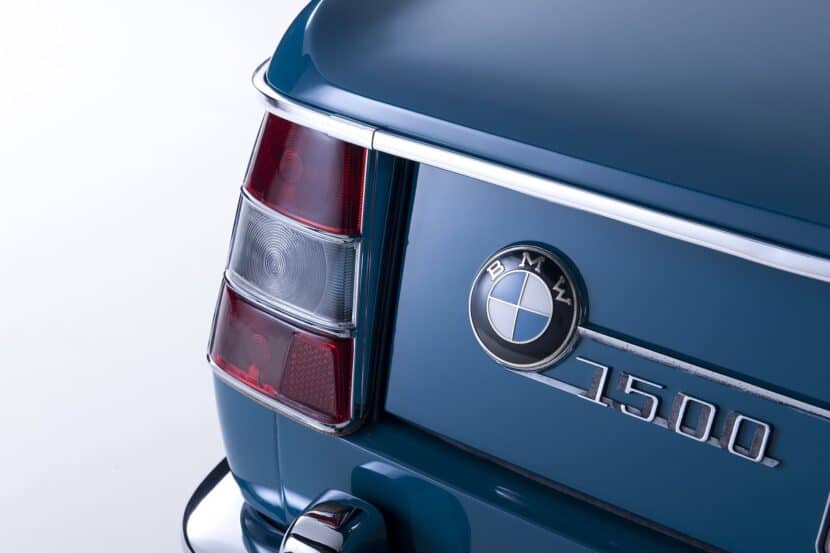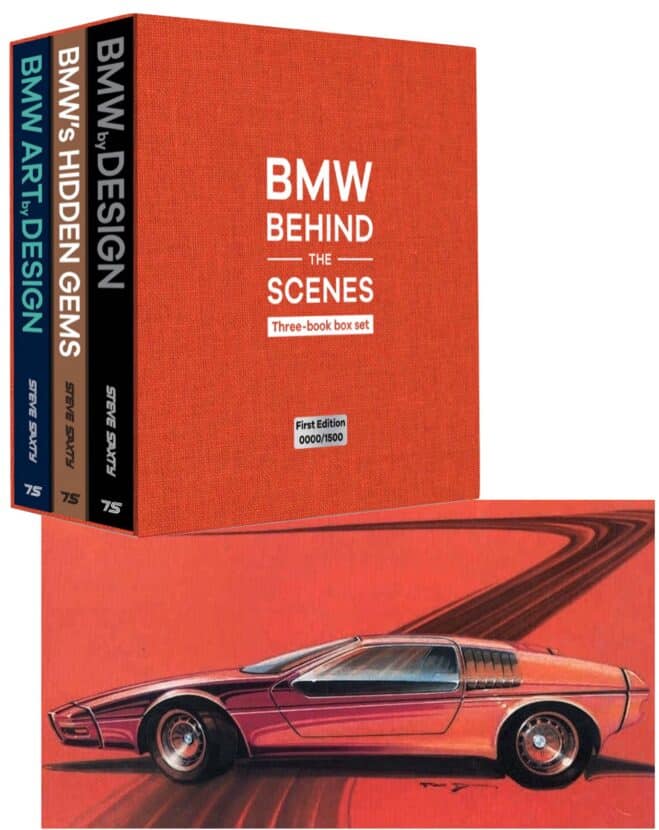The current naming convention of BMWs may appear logical now, but it hasn’t always been that way. This article provides insight into the origins of BMW names and their evolution. Steve Saxty, author of “BMW: Behind The Scenes,” delves into the full story in his book. Here, we offer a brief synopsis, exploring the history of BMW naming conventions.
Let’s start with the 327 and 328 models that had been produced in the 1930s. These pre-war cars had their numbers tied to the decade, same as the 501, 502, 503 and 507 were related to the 1950s. But as soon as Neue Klasse cars arrived in the 60s, the naming convention changed. The 1500 model was soon joined by a 1600, then by the 1800 series and eventually, the iconic BMW 2000 and 2002. To differentiate between models, BMW began adding suffixes, like the “TI” (performance variant) or “C” (coupe).

In the late 60s, BMW began working on a new midsize sedan, the E12, which was planned to replace the Neue Klasse sedans. American Bob Lutz, head of sales and market at the time, wanted to call the E12 as simply the 2000-2.8, denoting its engine displacement. But Oskar Kolk, a sales manager at BMW, had a different and brilliant idea: calling the smaller cars the 3 Series, the mid-size models the 5 Series and the luxury limousines the 7 Series.
Moreover, the initial digit in the BMW model names indicated the series, while the subsequent digits specified the engine size. This led to the creation of models like the BMW 316, 318, or 320. When two sales managers presented this new naming convention to the BMW CEO, despite facing initial resistance, he eventually accepted it. Thus, the grid-based naming convention came into existence. Interestingly, the book discloses that Audi later adopted a similar naming approach with the A4, A6, and A8, proving successful for the company.
Of course, over the decades, the BMW lineup expanded and the engine displacement became less relevant in the naming convention. Today, the badges are quite complex and rather irrational, but they still follow a somewhat grid-based system. As we learned recently, BMW is aware of this issue and they are working on revamping their naming convention when the new Neue Klasse rolls out in 2025.
So if you’re interested in reading more BMW design behind-the-scenes stories, then the three-volume boxed set will be available soon – at a pre-order price of $299.95/€270/£78.11. Alternatively, the principal book, “BMW by Design” is available immediately for $99.95/€90.02/£88.10; all with free shipping in USA, UK and EU.




